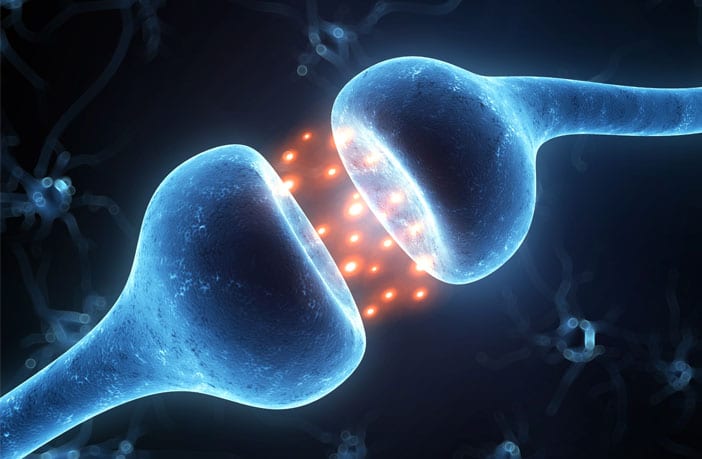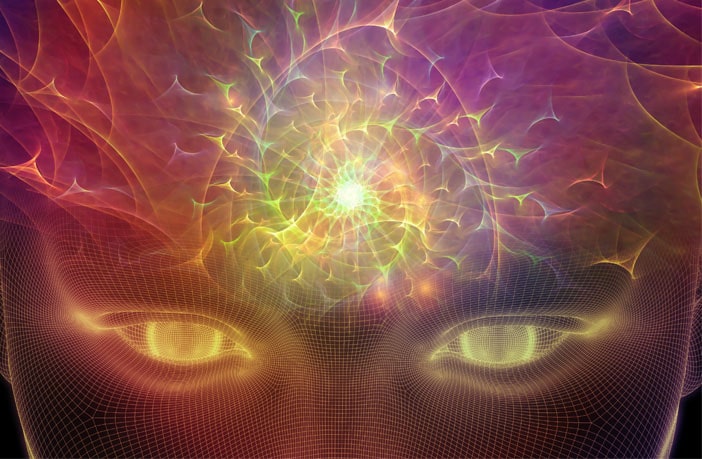Below, excerpts from another article, MDMA Assisted Psychotherapy: How Different is it from Other Psychotherapy?
Caveat: No one knows how any psychiatric treatment, psychotherapy, or psychopharmacology actually works, even when we understand the essential elements or many of the physiologic essential elements or many of the physiologic effects.
MDMA-assisted psychotherapy is especially complicated in this regard because it combines psychotherapy and psychopharmacology.
In the meantime, our observations about possible therapeutic mechanisms are speculative, based on clinical observations.
THE GUIDELINES:
- Establishing a Safe and Supportive Therapeutic Setting and a Mindset Conducive to Healing: The effects of MDMA appear to increase the likelihood that participants will be able to maintain enough trust in the therapists and a broad enough perspective about their own inner experience to process their fears without emotionally or physically withdrawing from the therapeutic alliance.
- Emphasis on FEELING rather than thinking: Anxiety Management Training/Stress Inoculation Training, Prolonged Exposure. and EMDR are used along with methods such as mindful diaphragmatic breathing.
- Exposure Therapy: Revisiting traumatic experiences through "imaginal exposure" is accomplished by asking the participant to repeatedly read or recite an account of their traumatic experience. Therapists can bring up the trauma if it does not come up spontaneously, but in almost 100 research sessions we have never had to.
- Cognitive Restructuring: In MDMA-assisted psychotherapy, cognitive restructuring may result from dialogue with the therapists using elements of CBT, psychodynamic therapy, and other methods according to the individual therapists’ training and experience as allowed for in our research Treatment Manual. Our largely nondirective approach often results in spontaneous cognitive restructuring resulting from qualities engendered by MDMA: increased mental clarity, confidence, and the courage to look honestly at oneself.
- Transference and Countertransference: Becoming aware of often unconscious feelings that arise in the client toward the therapists and vice versa. We know that participants taking MDMA can be exquisitely sensitive to verbal and nonverbal expression from the therapists, and we encourage honesty and openness about any feelings that arise. The effects of MDMA appear to increase the likelihood that participants will be able to process their fears without emotionally or physically withdrawing from the therapeutic alliance.
- Somatic Manifestations of Trauma: MDMA-assisted psychotherapy often includes focusing attention on body sensations and using breath and movement to facilitate awareness, expression and release of tensions, or pains in the body that may be associated with the trauma.





